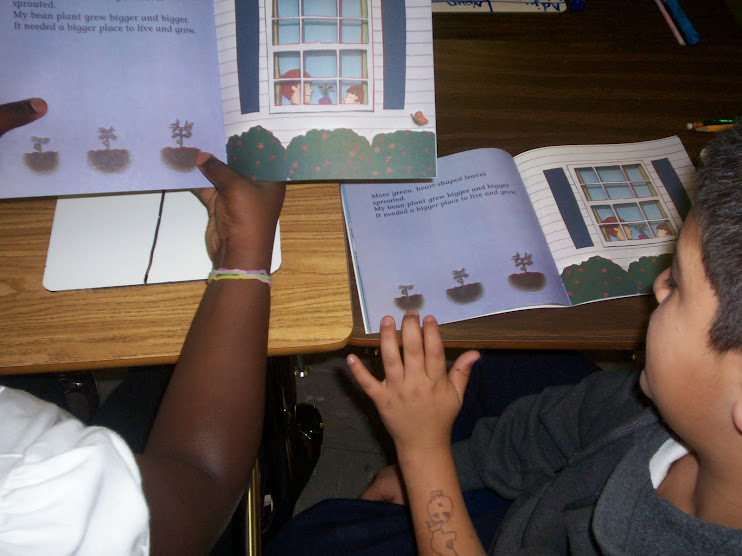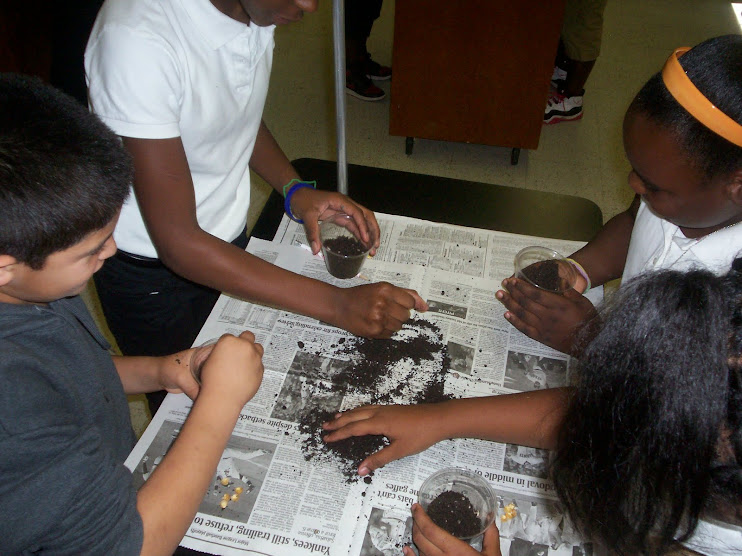Reflection 7 & 8
Trying to shift through this week’s reading for Chapter’s 7 and 8 of the text was like trying to shift concrete into powder. There was no “order” to this chaos. Margaret Wheatley, author of Leadership and the New Science, appears to be referencing practices of Scientology, to bring some type of systematic organization to support the publishing of her book. Her attempt at injecting the belief of Scientology prompted me to delve into Christian author, C. S. Lewis, who was a skillful apologist. He was gifted in confronting and proving wrong philosophies that contradict scripture. Wheatley states in Chapter 7, page 117 of Leadership and the New Science, that “chaos has always partnered with order-a concept that contradicts our common definition of chaos…Chaos is the last state before a system plunges into random behavior where no order exists.” In reading, “The Invasion” in the book Mere Christianity Lewis opposes simple religion and proves that Christianity is the true religion. It is one that brings “order” to an “unorganized” world, such as the one referenced in our class text. I will summarize “The Invasion” and give a response to it.
In the chapter entitled, “The Invasion” Lewis combats the idea that simplicity equals truth and he explains the superiority of Christianity over Dualism. This comparison parallels Wheatly’s position regarding deterministic chaos. She states on page 119 that the chaos theory studies a particular variety of chaos known as deterministic chaos. This concept of science became involved in a debate of Philosophy vs. Spirituality. She adds that in a deterministic world, our lives are predetermined based upon what we understand from a biblical point of view. She questions, “free will.” First, Lewis opposes the idea that simplicity equals truth. Lewis confronts what he calls “Christianity-and-water” philosophy. Lewis states this is the idea that “there is a good God in heaven and everything is alright.” This philosophy is too simple because it leaves out the difficult doctrines of scripture. What about hell, sin, and judgment? These issues are never addressed in the name of simplicity or “science”. Simplicity is not
always good. Thus, creating “chaos;” Lewis argues that real things are not simple just like real religion is not simple. To prove his point, he uses various illustrations. He describes how a table looks simple, but if you examine the atoms and make-up of a table it becomes more complicated or chaotic. Lewis also uses the complicated concept of reality to show how difficult some things are to understand, good example, Wheatly’s concepts published in her book.
Friday, June 4, 2010
Subscribe to:
Post Comments (Atom)































No comments:
Post a Comment